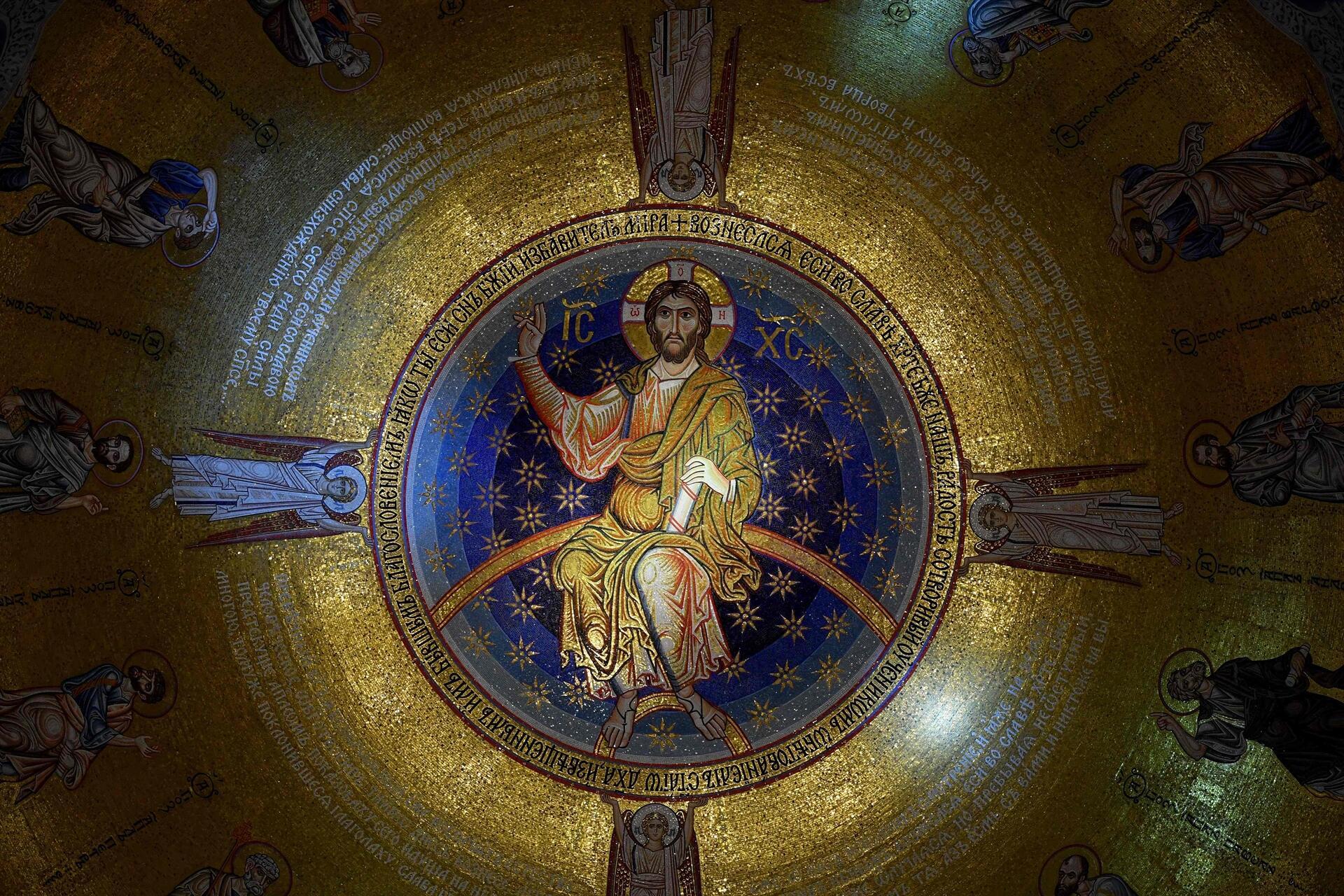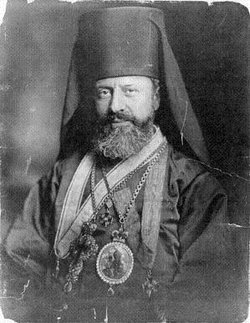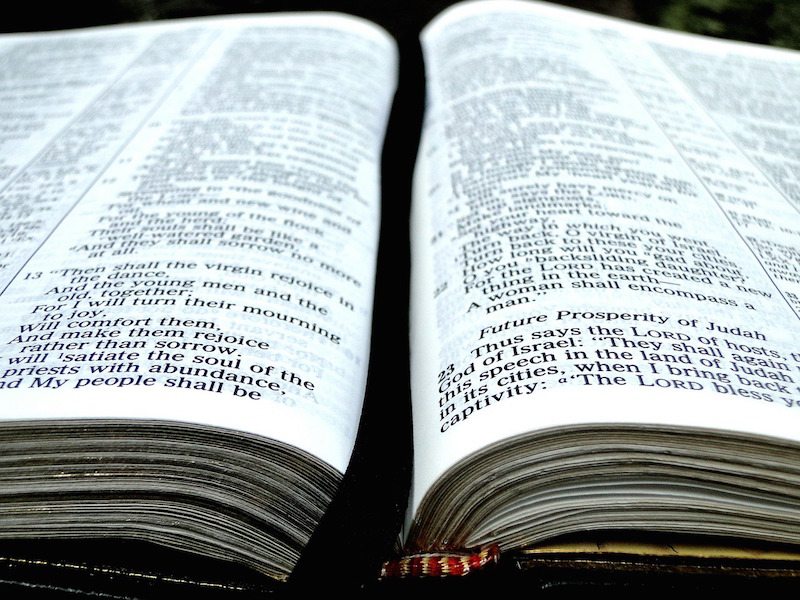Pillar and Foundation – June 25, 2019
I have long said that our understanding of the Church affects our understanding of all other theology, for she is the divine-human institution established by Christ for us men, and for our salvation, as a hospital for our very souls. The Church is the body of Christ (1 Cor. 12:27) The Church is the pillar and foundation of truth (1 Tim 3:15), for which Christ is the cornerstone (Eph. 2:19-20), and is the dwelling place of the Holy Spirit (Eph. 2:21-22). The Church exists to incarnate Christ into the world, for which he is the Way, the Truth, and the Life. We know where the Church is by the marks established by the Church in the fourth century by the words of the Nicene-Constantinopolitan Creed: The Church is One (1 Cor. 10:16-17), Holy (Eph. 3:16-17, 5:27, 1 Pet. 2:9), Catholic (1 Cor. 1:2), and Apostolic (Eph. 2:20, Rev. 21:14).
The marks of the Church identify the foundation upon which the Truth is upheld. If the Church ceases to be one, and she is divided against herself, whether by word, deed, or doctrine, the foundation will fall apart. If the Church lacks holiness, is not set apart from the world in which she exists, and is therefore molded by the world instead of molding the world around her, the foundation will crumble. If the Church does not maintain Catholicity of doctrine, dogma, and teaching; if the Church succumbs to multiplicity of truths; if the Church does maintain a unity of faith, then her foundation will crumble. If the Church does not maintain her apostolicity, that Kerygmatic Charism reaching back through the annals of time to the apostles, that plurality of voices directing the voice and rudder of the Church, unfolding the continuing revelation of the Holy Spirit within its holy abode, then the foundation will crumble. Without her bishops there is no Church, but there is no Bishop without the Church either.
Christ is the way because he is the path that we are to follow. The Church is the way, and baptism is the door. Christ is the Truth, for which the Church is the incarnate body of that Truth, the representative voice of that Truth, and the foundation upon which the Truth finds solid ground. Christ is the life, for he gives life, and gives it eternally. The Church is the hospital for our souls, in which we are healed of our infirmities, and receive that blessed food and medicine: The Eucharist. Christ is simultaneously the path (the Church) and the destination (perfection, τελειότητα) towards which we all strive Godward. Her saints, those holy men and women who have gone before us, are fingers pointing at the moon, guideposts on our journey. It is their voices echoing through time immemorial that encourage and guide us to the end of time.



